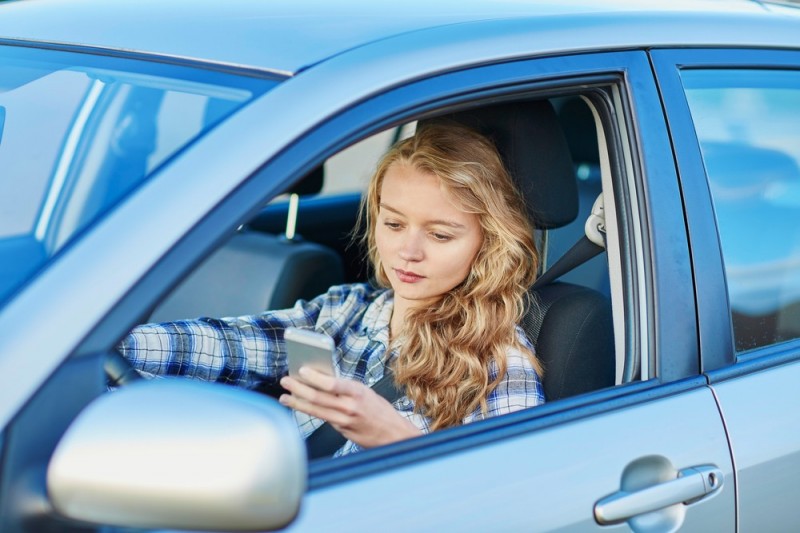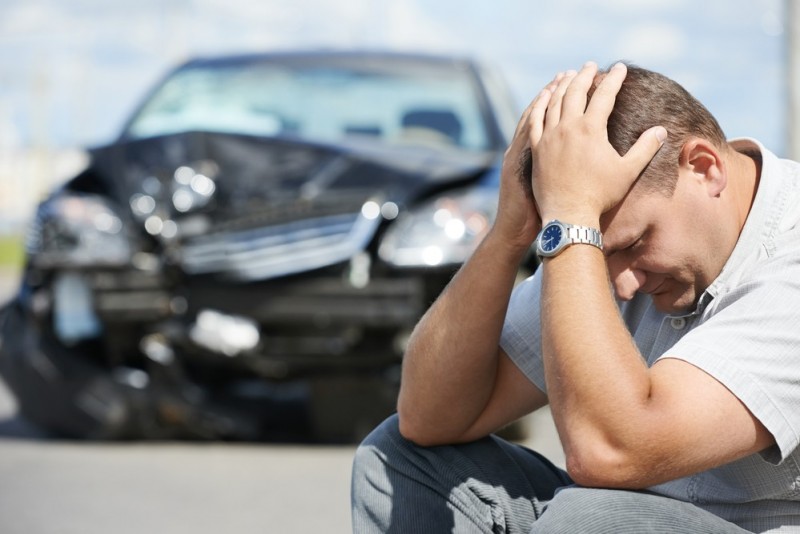Parents Stick to No-Text Policies to Save Lives

At Friendly Collision Center, we often see tragic news stories in the Dallas area about young people involved in severe auto accidents while texting. Based on statistics provided by the National Highway Traffic Safety Administration (NHTSA), the risk of a serious crash is 23 times more likely for people who send and receive text messages while operating a vehicle. It's a national problem and states have devised tougher laws to hopefully alleviate the problem, but the issue still exists in all 50 states in a big way.
Texting on the road is a major cause of accidents, especially when you add in all of the other factors that distract drivers, from passengers to GPS units, to pets and food. So, here are some common sense suggestions to consider, because a distracted driver is certainly a dangerous driver.
Seriously limit or completely eliminate cell phone use while driving: Based on road reports and crash information collected and analyzed by the National Safety Council, it is estimated that roughly one-furth of all crashes are caused by distracted driving connected with the usage of a cell phone or other personal device. Here is a good tip--if you have a passenger on board, let them conduct the conversation while you drive and avoid a serious accident.
Always use a hands-free device, but only for necessary calls: Carnegie Mellon found a 38 percent decrease in the human brain’s ability to properly judge spatial relationships when the driver began concentrating on answering questions. This suggests that any phone conversation seriously diminishes the driver’s reflexes behind the wheel.
 Keep children and pets in approved seats or areas: Letting animals and kids roam free inside a car is not only a bad idea but it is also illegal in most states.
Keep children and pets in approved seats or areas: Letting animals and kids roam free inside a car is not only a bad idea but it is also illegal in most states.
Learn a car’s instruments completely and do all of your adjustments before leaving the driveway: Today's vehicles have dozens of buttons, switches and various controls that might need activating while you're on the road, so a driver should always be familiar with them to prevent distraction. Adjusting the windshield wipers, headlights, stereo settings and various climate controls can distract a driver long enough to cause an accident.
Program your GPS receivers before starting a trip or errand: GPS devices are very helpful on the road, especially if you have one of the newer ones with step-by-step directions and highly detailed maps. But, they are only helpful if the driver does not try to input information while still in motion, so pull over if you need to program your GPS.
Sources: NHTSA, AAA and AARP












 Keep children and pets in approved seats or areas: Letting animals and kids roam free inside a car is not only a bad idea but it is also illegal in most states.
Keep children and pets in approved seats or areas: Letting animals and kids roam free inside a car is not only a bad idea but it is also illegal in most states.
Social